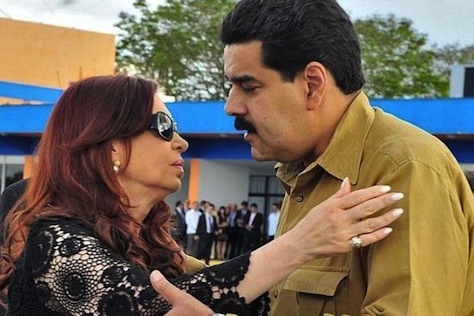Who cares about the pound anyway? ![]()
![]()
In the campaign for Scottish independence, key ‘Yes’ camp leaders consistently argue that a sovereign Scotland could retain the British pound as currency, and they’ve decried statements from British officials that Scotland wouldn’t be permitted to use the pound in the event that Scottish voters opt for independence in the September 18 referendum.
But putting aside whether, as a technical matter, Scotland would be able to adopt the pound, the greater issue is why it would actually want to do so — either in a formal currency union with the rest of the United Kingdom or by informally adopting the pound sterling as Scotland’s currency (‘Sterlingisation’).
Even though polls show the ‘Yes’ campaign narrowing the gap with the ‘No’ side, (the latest YouGov survey, taken between September 2 and 5, gave the ‘Yes’ camp its first lead of 47% to 45%, with 7% undecided), almost every poll in the last year shows more Scottish voters opposed to independence than in favor of it.
If the ‘Yes’ side falls short, one of the key questions will be whether the decision to embrace the pound as an independent Scotland’s currency was wise as a strategic matter. But if the ‘Yes’ side carries the referendum, Scotland’s first minister Alex Salmond will have to confront what kind of independence he’s actually won for a new country yoked on Day One to monetary policy dictated by the Bank of England.
It’s odd that the campaign’s fight over the pound has become such a central debate, but it’s possibly even odder that Salmond would cling to the pound (and other indicia of the union, such as the British monarchy) in his campaign for independence.
George Osborne, chancellor of the exchequer, has attempted to maintain a united front among his own Conservative Party, the Liberal Democrats and Labour that Scotland would not be able to avail itself of the pound if it becomes an independent country. But there’s plenty of skepticism that the remaining United Kingdom of England, Wales and Northern Ireland would actually be able to stop Scotland from doing so. Continue reading Why would an independent Scotland even want to keep the pound?

